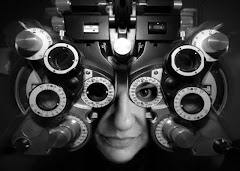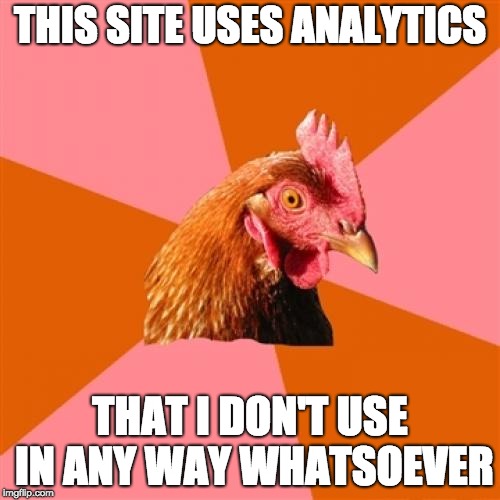AN OPEN LETTER TO JON BON JOVI, ADMITTED OLD GUY
Monday, March 14, 2011
Dear Mr. Bon Jovi,
May I first say, I deeply respect the substantial charity work you have done, and your commitment to standing behind your political beliefs by employing activism and involvement for positive change. We could all benefit from more musicians and artists following your generous example. Thank you.
My issues in this missive are two, based upon your interview in the Sunday Times (UK) which went rather viral today. To begin with, I would like to comment upon your following statements from the article:
“Kids today have missed the whole experience of putting the headphones on, turning it up to 10, holding the jacket, closing their eyes and getting lost in an album; and the beauty of taking your allowance money and making a decision based on the jacket, not knowing what the record sounded like, and looking at a couple of still pictures and imagining it. God, it was a magical, magical time.”
“I hate to sound like an old man now, but I am, and you mark my words, in a generation from now people are going to say: 'What happened?' Steve Jobs is personally responsible for killing the music business."
Now, it is entirely possible that you said these words with a bit of a twinkle in your sultry orbs, or your talented tongue placed somewhere in the vicinity of your fashionably-stubbled cheek. I suspect that is the case, yet I also believe you are serious in your accusations against Mr. Jobs, who is of course the father of Apple and iTunes. I also hold the belief that you are a seasoned professional in the entertainment world, and know what kind of quotes hold salience and are likely to be pounced upon by the media. Congratulations, then, for this savvy manipulation of the machine.
Your primary complaint against Mr. Jobs, I gather, would be that iTunes sells songs individually and in binary format. You, as an artist, decry this. I, as a consumer, laud it. No longer do I have to save my money in order to afford a record album I that may have heard only one song from on the radio, and maybe not even heard at all, just to be rewarded with…one decent song and a lot of wanky filler. For we all must admit, few artists write albums that are stellar throughout. For as many times as I made a good choice based on album art, I bought horrible records that ended up lightening my pocketbook for nothing and gracing the Goodwill shelves of the future. Now I can at the very least hear snippets of all the songs, or the whole record streamed on the internet. I never have to spend my money on things I don’t want. I understand the economics on your side. You make more money selling albums, not single songs. I may remind you that prior to the Sgt. Pepper era, the music business was run almost exclusively on the sale of singles. The album model of consumer purchase was unusual, fueled by an exceptional run of talent and the beginnings of free form radio. It was “of its day.”
I may also remind you that your own band, Bon Jovi, has a hand in “destroying the music business.” Had early-days MTV not fueled the band to stardom by repeated plays of your singles, it is unlikely you would stand in the privileged position you do today. MTV did in no way support the album model of artist expression; instead, it made songs secondary to flashy visuals, until the songs were so unnecessary that the network pretty much stopped playing them at all. You made your fortune taking advantage of this model, but must accept the long-term changes it brought to your industry.
Technology advances in the meantime, and the digital revolution, despite the music business’ extreme efforts to hamper it, happened. There is no one to blame, unless you’d like to concurrently rail against the late Konrad Zuse, who invented the first functional program-controlled computer in 1941. You may not like Mr. Jobs’ music business model, but cannot deny its success, or that you and your bandmembers profit from it as well. Because of the internet and digital formats, more artists than in any other time in history can be seen and heard worldwide. This is a profoundly wonderful thing. Issues with piracy set aside, there is this fact: songs are being sung and messages listened to that in the analog era never, ever would have been heard. This is the beauty at the core of music: to connect with and communicate with your fellow humans.
My second and final issue pertaining to your quotes is your reference to yourself as an “old man.” What makes someone old, I have come to understand, is more their attitude than chronological age. Clinging on to a familiar past, misty with sentiment and waxing nostalgic, leaves you unable to fully appreciate the greatness currently bursting and blooming around you. Furthermore, you reference “old” as a negative. I am one month and four days younger than you are. If I call myself “old” it is with pride. I feel so incredibly fortunate to have been born when I was, and for all the experiences and knowledge I have gained along the way. Anything I have lost to time has been more than replaced by items of greater value. I wish the same for you.
My best to you, your family, and your steel horse,




